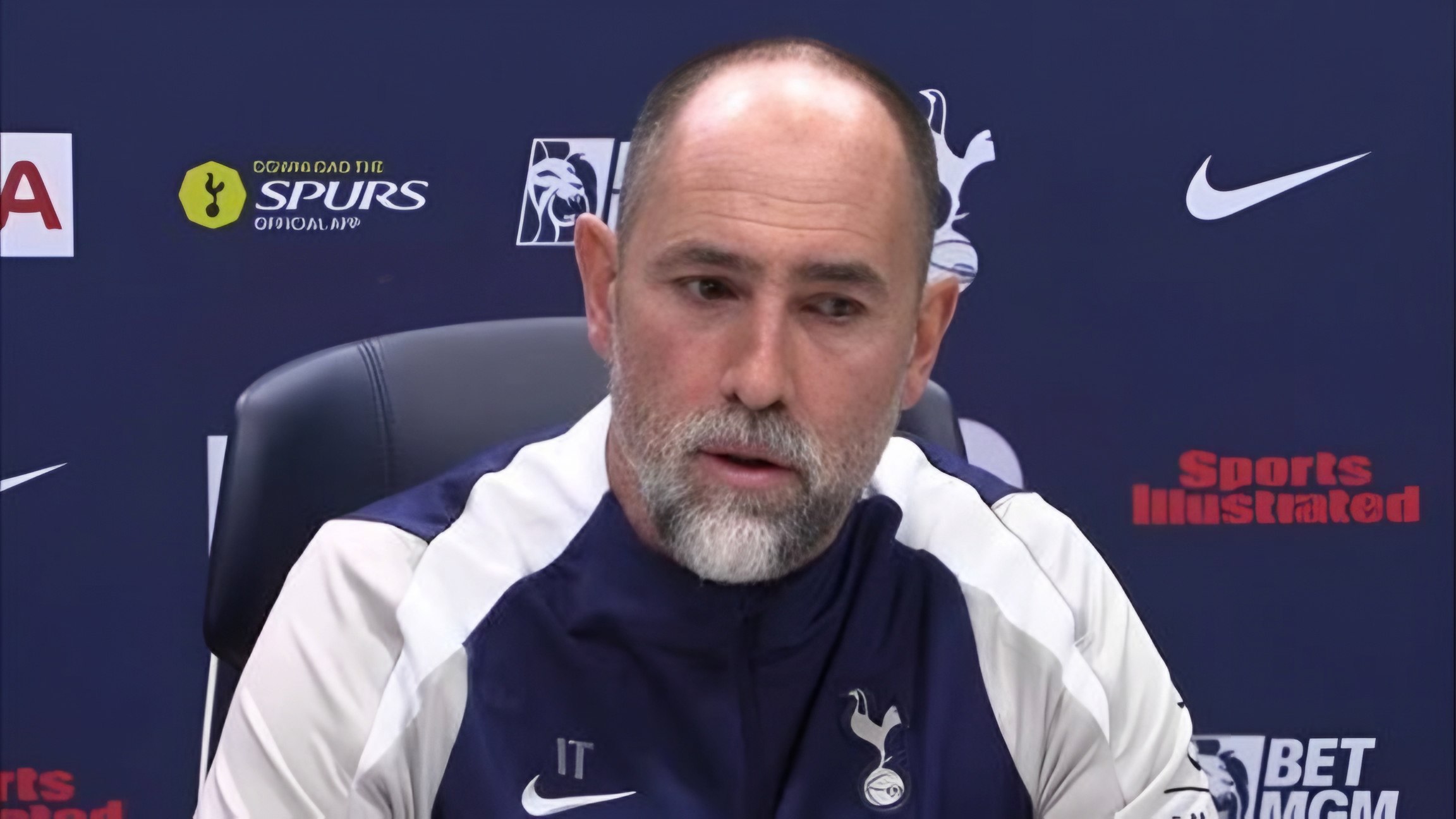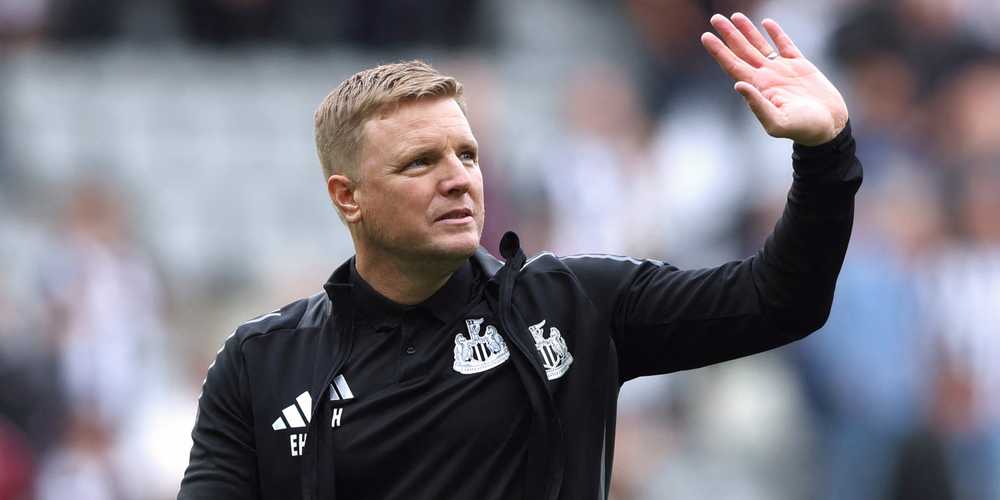Everything the EFL would do to Sheffield Wednesday if they go into administration

Sheffield Wednesday’s financial situation has taken a worrying turn in recent months, with fears growing that the historic club could soon be forced into administration. What was once a proud Championship side now finds itself battling uncertainty both on and off the pitch — a direct result of years of poor financial management under owner Dejphon Chansiri.
Financial turmoil and unpaid wages
For most of 2025, there has been very little for Sheffield Wednesday supporters to celebrate. The club’s financial troubles have spiraled under Chansiri’s stewardship, with reports confirming that players have not been paid on time in five of the last seven months. This has created an atmosphere of frustration and instability at Hillsborough, as players and staff are left in limbo about their financial security.
To make matters worse, several key players — including striker Michael Smith and creative midfielder Josh Windass — have left the club for free, unwilling to continue under the current circumstances. These exits have weakened the squad and further intensified the pressure on the Thai owner, whose inability to manage the club’s finances has left Wednesday trapped in a cycle of debt and decline.
Embargoes and transfer restrictions
As a result of these repeated wage delays and breaches of financial regulations, Sheffield Wednesday have been hit with five separate transfer embargoes, severely restricting their ability to bring in new players. The club’s only summer additions were loan signings — goalkeeper Ethan Horvath and young defender Harry Amass — as they were unable to make permanent transfers due to the sanctions.
Such limitations have left manager and fans frustrated, as the team has struggled to compete in the Championship with a threadbare squad. The mood around Hillsborough has been bleak, and the lack of ambition in the transfer market has only added to concerns about the club’s long-term stability.
Administration fears grow
The Daily Mail recently reported that the Owls are dangerously close to receiving a winding-up petition, a serious legal action that could force Chansiri to place the club into administration. Further reports from BBC Sport revealed that Sheffield Wednesday owe HMRC approximately £1 million in unpaid tax. If Chansiri is unable to pay this debt, administration could become unavoidable.
Learning from Derby County’s example
To understand what might lie ahead for Sheffield Wednesday, the situation at Derby County in 2021 provides a valuable comparison. The Rams entered administration that year after racking up losses of around £20 million during the Covid-19 period and debts totalling between £50-70 million, including £20 million owed to HMRC.
As a result, Derby were hit with a 12-point deduction, a punishment that is also likely to be handed to Wednesday if they suffer the same fate. The penalty would be applied this season if administration occurs before the fourth Thursday in March — a scenario that could effectively seal Wednesday’s relegation to League One.
While the Owls’ debts are significantly smaller than Derby’s were, the consequences of administration remain severe. Derby also faced an additional nine-point deduction for accounting irregularities, though there’s no current indication that Wednesday will be punished for similar breaches.
What administration would mean for Chansiri and the club
If Sheffield Wednesday enter administration, the EFL would have the authority to disqualify Chansiri as an owner, forcing him to relinquish control of the club. An administrator would then be appointed to oversee the club’s operations and search for a new buyer. Should no buyer emerge, the worst-case scenario — liquidation — could come into play, though that remains a distant possibility at this stage.
Administration would also trigger a transfer embargo, though Wednesday are already operating under restrictions due to their financial violations. Essentially, day-to-day management of the club would shift away from Chansiri, potentially marking the beginning of the end for his troubled ownership.
A painful step that could offer hope
While the thought of administration is alarming, some Sheffield Wednesday supporters might see it as a necessary evil — a way to finally break free from Chansiri’s damaging reign. The immediate consequences would be harsh, particularly the inevitable 12-point deduction, which could doom the club to relegation.
However, Derby County’s resurgence offers a glimmer of hope. After entering administration and suffering relegation, Derby rebuilt under new ownership, led by David Clowes. They have since stabilized financially and reestablished themselves as a competitive, well-run club. In fact, just last summer they were able to spend significantly in the transfer market, including the signing of Patrick Agyemang for a fee that could rise to £7.3 million — a sign of how far they’ve come since their darkest days.
A chance for a fresh start
For many Wednesday fans, administration could represent a painful but potentially cleansing process. It could finally lead to the departure of Chansiri and pave the way for a new owner to rebuild the club on a stronger financial foundation.
Relegation to League One would be a setback, but one that might be worth enduring if it means the end of years of instability. A fresh start could allow Sheffield Wednesday to reemerge as a stable Championship club, with the long-term goal of reclaiming their proud place in English football.
In short, while administration would bring immediate turmoil, it could also open the door to something brighter — a future at Hillsborough free from financial chaos and ownership controversy, and one where the Owls can once again focus on climbing, not just surviving.












Post Comment